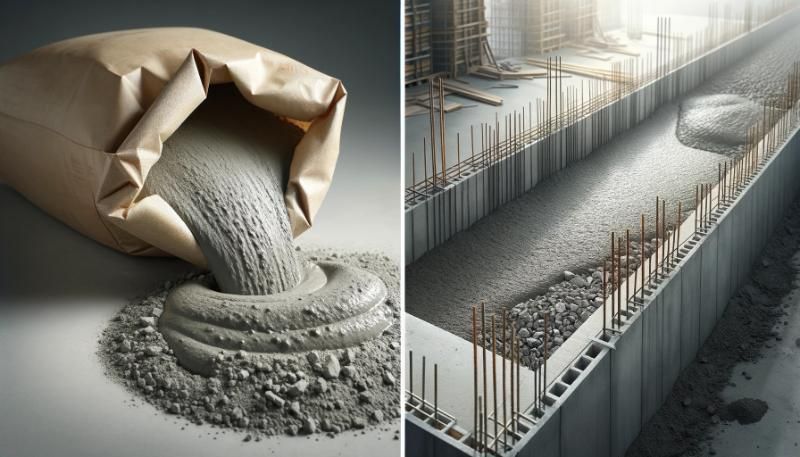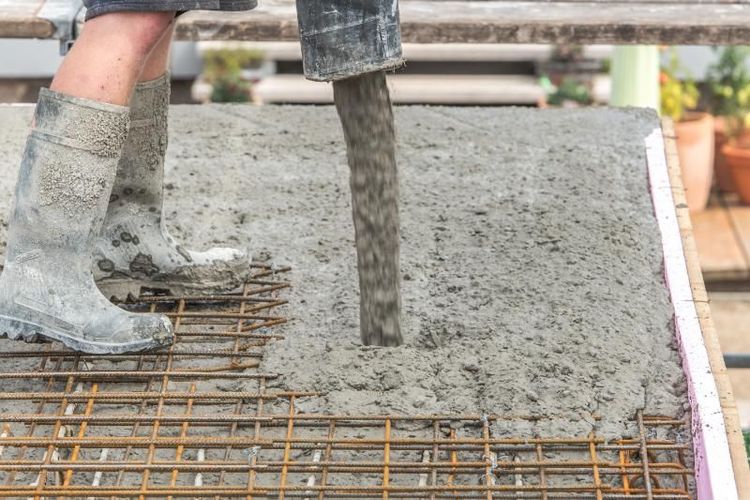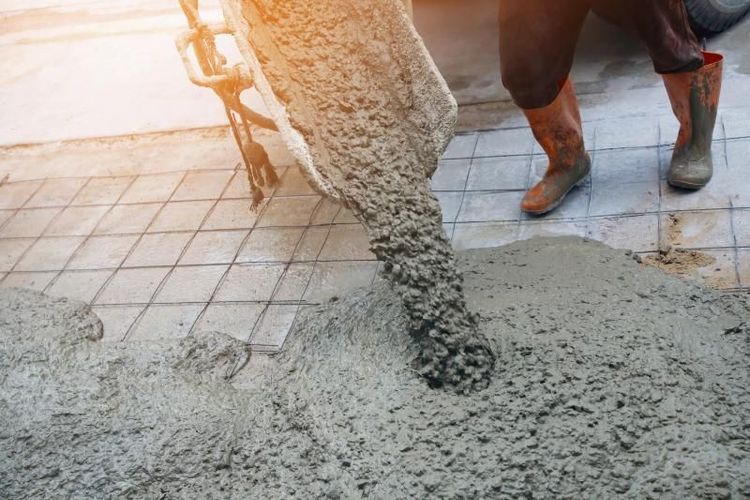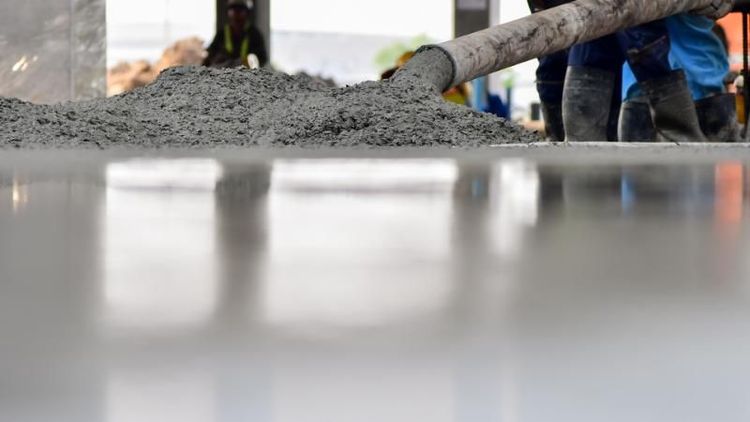In construction, two terms often get tossed around interchangeably: concrete and cement. However, understanding the difference between these materials is crucial for anyone involved in construction projects. In this comprehensive comparison, we'll delve into the unique characteristics of cement and concrete, their applications, and why knowing the disparity is paramount.
Cement vs concrete: understanding the key differences
First and foremost, let's dispel a common misconception: cement and concrete are not synonyms. Cement is merely a concrete component, while concrete is a composite material comprising aggregates, cement, and water. While cement acts as the binding agent, concrete's strength and durability come from combining these ingredients.
Concrete vs cement: a comprehensive comparison


The science behind cement and concrete composition
To fully grasp the disparity between cement and concrete, delving into their compositions is essential. Cement, a binding agent, is crafted from a blend of calcium, silicon, aluminium, iron, and other elements. When mixed with water, it forms a paste that binds with aggregates like sand and gravel, resulting in concrete. This chemical reaction, known as hydration, creates a robust material capable of withstanding immense pressure. The precise ratio of cement to water and the type of aggregates utilised significantly impact the strength and durability of the resultant concrete.

The Role of cement in concrete
Cement plays a pivotal role in concrete production by acting as the binding agent that holds the aggregates together. With cement, the components of the concrete mixture would adhere, resulting in a structurally unsound material. However, it's crucial to note that cement alone does not constitute concrete. Components like sand, gravel, crushed stone, and water are essential for the final product.
Concrete: more than just cement and water
While cement is the binding agent in concrete, aggregates like sand, stone, and gravel comprise approximately 75% of its composition. Concrete gains its characteristic strength and durability through hydration—a chemical reaction between cement and water. Understanding the role of aggregates in concrete is paramount, as varying their proportions can significantly affect the material's properties, ensuring the creation of solid and durable structures.
Cement vs concrete: why the distinction is important
Recognising the distinction between cement and concrete is crucial, as these terms are often interchangeable. Cement is one ingredient in the concrete mix, with aggregates and water playing equally vital roles. This understanding facilitates informed decision-making in construction projects, fostering innovation and advancements in the field.
Building better structures: choosing the right mix of cement and concrete
Appropriate cement and concrete mix is paramount forconstructing robust and durable structures. The proportioning of these ingredients dictates the strength and longevity of the resulting material. Factors such as intended use, environmental conditions, and specific materials must be considered when determining the ideal mix for a project.

Typical applications of cement and concrete
Concrete's versatility and strength render it indispensable in numerous construction applications worldwide. From residential buildings to infrastructure projects like bridges and highways, cement and concrete play pivotal roles in modern construction. Cement's adhesive properties make it suitable for sealing building materials, while concrete's durability ensures its widespread use in various construction projects.
Conclusion
In conclusion, cement and concrete are distinct materials with unique properties and applications. Understanding the disparity between these two terms is essential for anyone involved in construction projects. By grasping the roles of cement and aggregates in concrete production and choosing the right mix for each project, construction professionals can build structures that are not only robust but also sustainable and long-lasting.
Buy online
Mild SteelStructural SteelTMTCementJSW One MSME
About usBlogsSitemapJSW One TMTPolicy
Terms & conditionsPrivacy policyReturn policyBanking partner



 +91 7208055523
+91 7208055523
 Help & support
Help & support